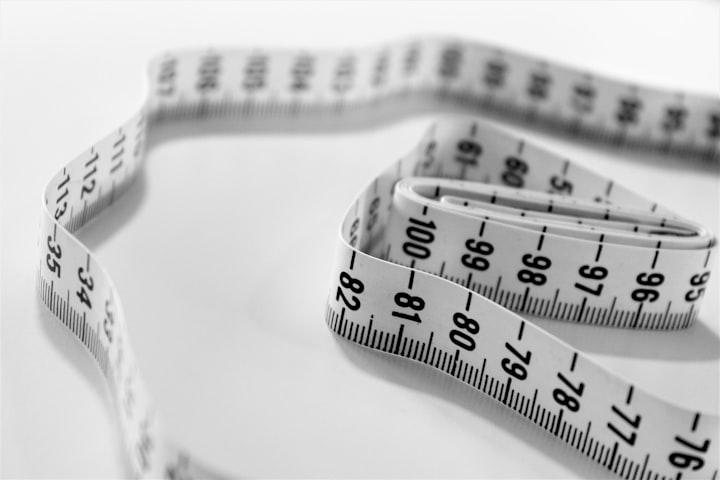12 tips to help you lose weight
lose weight

Losing weight can be a challenging task, but it doesn't have to be. By following these 12 tips, you can achieve your weight loss goals and lead a healthier, happier life.
Set realistic and achievable goals: Before you start your weight loss journey, it's important to set realistic and achievable goals. This will help you stay motivated and on track, and will give you something to work towards.
Track your calorie intake: Keeping track of your calorie intake is essential for weight loss. Use a calorie-tracking app or a food diary to record everything you eat and drink, and make sure you're staying within your daily calorie limit.
Eat nutrient-dense foods: Eating nutrient-dense foods is essential for weight loss, as it will help to keep you feeling full and satisfied. Focus on eating fruits, vegetables, whole grains, lean proteins, and healthy fats.
Drink enough water: Drinking enough water is essential for weight loss, as it helps to flush out toxins and keep you feeling full. Aim to drink at least 8-10 glasses of water per day, and avoid sugary drinks like soda and juice.
Get enough sleep: Getting enough sleep is crucial for weight loss, as it can affect your hormones that regulate hunger and metabolism. Aim for at least 7-8 hours of sleep per night, and avoid staying up late or sleeping in too late.
Increase your physical activity: In addition to reducing your calorie intake, you should also increase your physical activity. This can include anything from going for a daily walk to hitting the gym. Aim for at least 30 minutes of moderate-intensity exercise most days of the week.
Practice mindful eating: Mindful eating is the practice of being fully present and engaged in the act of eating. This means paying attention to the taste, texture, and appearance of your food, and savoring each bite.
Avoid processed foods: Processed foods are often high in calories and low in nutrients, so it's best to avoid them as much as possible. Instead, focus on eating whole, unprocessed foods.
Seek support: Losing weight can be difficult, and it's important to have a support system to help you stay motivated and on track. Reach out to friends or family for support, or join a weight loss group.
Be patient and persistent: Losing weight is not easy, and it takes time and effort. It's important to be patient and persistent, and to remember that weight loss is a journey, not a destination.
Find a workout that you enjoy: It can be hard to stick to a workout routine, especially if you don't enjoy it. Find a workout that you enjoy and that you can stick to, whether it's cycling, swimming, dancing, or something else.
Reward yourself for reaching your goals: Setting and reaching goals can be a great motivator, so make sure you reward yourself when you reach your weight loss goals. Treat yourself to a massage, a new outfit, or a weekend getaway.
Consider Intermittent fasting: Intermittent fasting is an eating pattern that alternates between periods of eating and fasting. This approach can help you to reduce your calorie intake and increase weight loss.
Incorporate strength training: Strength training is an essential part of any weight loss program. It helps to build muscle and increase your metabolism, which can lead to greater weight loss and better overall health.
Find a workout partner: Having a workout partner can be a great way to stay motivated and accountable. Find a friend or family member who is also interested in losing weight and schedule regular workout sessions together.
Cook at home: Cooking at home allows you to control the ingredients and portions of your meals, which can help you to reduce your calorie intake and achieve weight loss.
Plan your meals: Planning your meals in advance can help you to stay on track with your diet and avoid making impulsive, unhealthy food choices.
Get enough fiber: Eating enough fiber can help you to feel full and satisfied, which can help you to reduce your calorie intake and achieve weight loss.
Be mindful of portion sizes: Eating larger portions than you need can lead to overeating and weight gain. Be mindful of portion sizes and use smaller plates to control the amount of food you eat.
Avoid emotional eating: Emotional eating is when you eat in response to feelings rather than hunger. To avoid emotional eating, it's important to identify the triggers that lead to emotional eating and find healthier ways to cope with these emotions.
About the Creator
Yassine Nouri
I am a tech and crypto enthusiast interested in the latest developments in cryptocurrency and technology. I also enjoy exploring the intersection of technology and various industries.(Drones,Robotics,Machineries,Foods And Fitness, Animals).





Comments
There are no comments for this story
Be the first to respond and start the conversation.